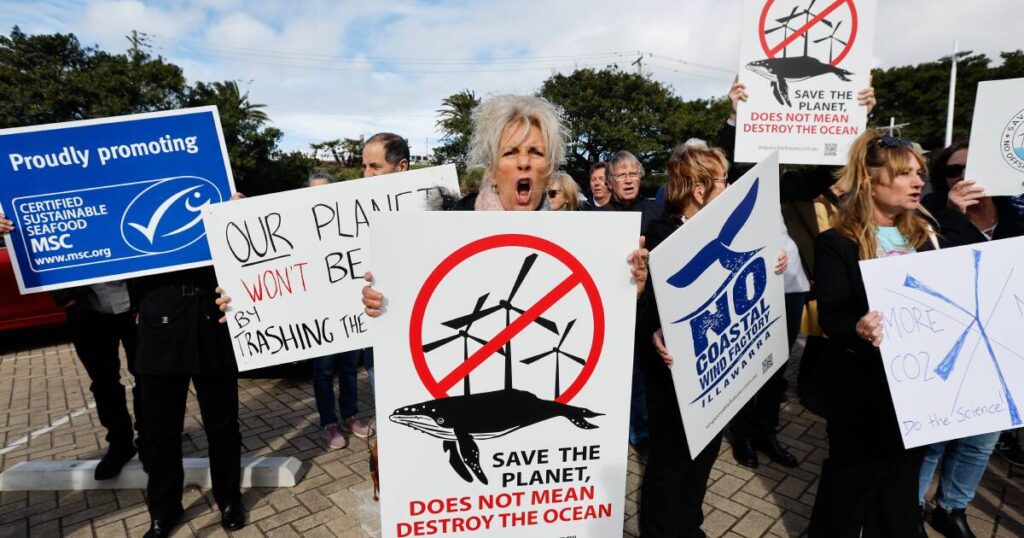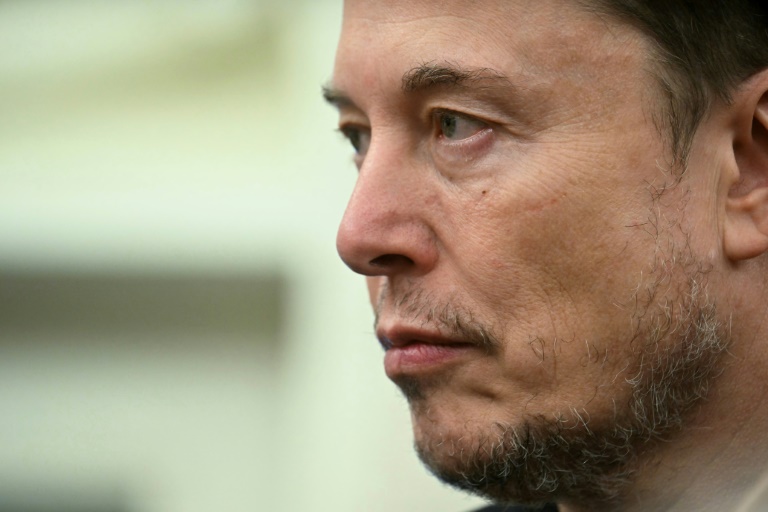
UPDATE: A critical Senate inquiry in Australia is now underway, investigating the rampant spread of climate misinformation fueled by fossil fuel companies and public relations firms. This urgent inquiry is hearing testimonies from officials and climate scientists about the significant impacts these false claims have on public opinion and climate policy.
Just announced: Key experts, including researchers and environmental advocates, are shedding light on the troubling nexus between the fossil fuel industry and misleading information campaigns. These misleading claims—like the unfounded assertion that offshore wind farms harm whales and that electric vehicles are more fire-prone than gasoline cars—are damaging public support for clean energy initiatives.
The inquiry is focusing on the role of major oil, gas, and coal companies that, according to experts, are deliberately spreading misinformation to slow the transition to renewable energy sources. A$1.5 billion was spent by oil and gas lobby groups on public relations and advertising in the United States between 2008 and 2018, a trend that mirrors practices in Australia.
Why it matters NOW: As climate change intensifies and poses increasing risks, the spread of misinformation threatens to undermine public support for essential climate policies. Researchers stress that these falsehoods can skew perceptions of how much opposition exists against climate action, ultimately delaying necessary reforms.
The inquiry’s urgency is underscored by the recent report from the Australian government detailing the escalating dangers of climate change.
“Misinformation erodes support for climate science and climate policies,”
said an expert who provided evidence at the inquiry. The ramifications of these campaigns reach far beyond misinformation; they create a false narrative that inhibits progress towards a sustainable future.
Additionally, the inquiry revealed troubling connections between public relations firms and the fossil fuel sector. For instance, the group “Australians for Natural Gas” is reportedly a front funded by the CEO of Tamboran Resources and orchestrated by the PR firm Freshwater Strategy. Similar tactics have been observed with campaigns in the United States, which have included misleading ads that falsely present grassroots support for fossil fuels.
The inquiry is expected to highlight these deceptive practices, with witnesses emphasizing the need for transparency and accountability in how climate information is communicated. UN Secretary-General Antonio Guterres has called for PR firms to cease enabling destructive practices, pointing to a global recognition of the issue.
Moving forward, this week’s Senate hearings may lead to policy changes targeting the advertising of fossil fuels, similar to existing restrictions on tobacco advertising. The stakes are high: as misinformation spreads, the path toward effective climate action becomes increasingly obstructed.
What’s next? The inquiry will continue to gather testimonies, and policymakers will be faced with the challenge of addressing these misleading narratives head-on. With public opinion at risk and the climate crisis worsening, the response from Australian lawmakers will be critical.
As the inquiry unfolds, it remains to be seen how Australia will tackle the intertwining issues of climate misinformation and the fossil fuel industry’s influence. Stay tuned for more updates as this urgent situation develops.





